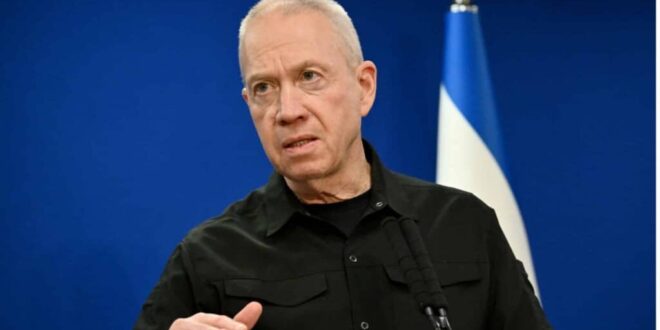Latest Developments
Israeli officials warned Iran on April 10 that the Islamic Republic would receive retaliatory strikes should it mount a direct attack against Israel. Tehran is threatening to mount a revenge attack in response to an April 1 strike on Damascus that it blames on Jerusalem, which resulted in the death of two Islamic Revolutionary Guard Corps (IRGC) generals and several aides. Israel has taken Iran’s warnings seriously, shuttering diplomatic missions abroad, calling up additional air defense troops and, at times, scrambling GPS within Israel as a precaution. While some experts expect Iran to task its proxies in Lebanon, Syria, Iraq, or Yemen with mounting the promised attack, others believe Tehran could launch long-distance missiles or drones from Iran proper.
“Any enemy that tries to attack us will first of all be met with a strong defense,” Israeli Defense Minister Yoav Gallant said during an inspection of an air defense battery. This was echoed by Foreign Minister Israel Katz, who posted on X: “If Iran attacks us from its own territory, Israel will respond and attack in Iran.”
Expert Analysis
“Iran has long made clear that it’s happy to fight Israel to the last Palestinian, Lebanese, Syrian, Iraqi, or Yemeni. It is far less keen on direct confrontation. It should consider carefully whether revenge is worth the escalation promised on its own soil.” — Mark Dubowitz, FDD CEO
“In a world where Iran retains the largest ballistic missile arsenal in the Middle East and has lowered the bar for their use and proliferation, threats to retaliate by Tehran cannot be dismissed as mere bluster. Now is the time for Jerusalem and Washington to get on the same page about deterring Tehran and communicating that any direct attack on Israel will be responded to.” — Behnam Ben Taleblu, FDD Senior Fellow
“This is not a time for the United States or Israel to hide under desks and signal worry or weakness to Tehran. Israel should be staying on offense against Iran’s multi-front terror threats while both the United States and Israel should be making it very clear to the ayatollah that he will pay a high price for continued escalation.” — Richard Goldberg, FDD Senior Advisor
 Eurasia Press & News
Eurasia Press & News




